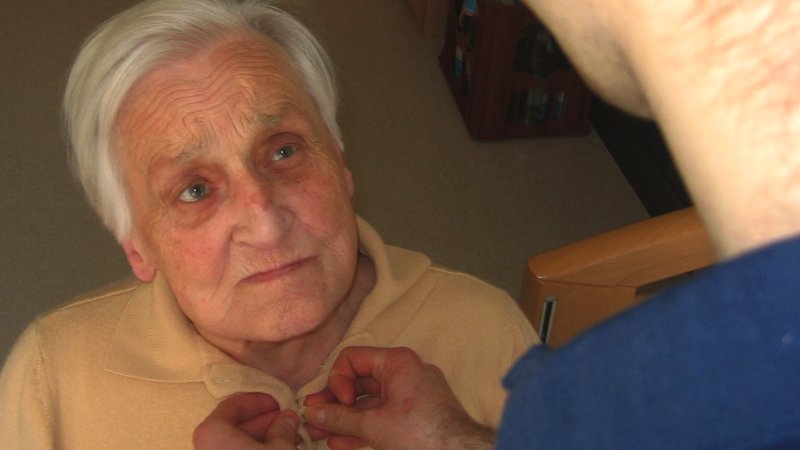
mAb ray of hope for Alzheimer’s
01.09.2016 - The causes of Alzheimer's disease are still largely unknown. But now, an antibody developed by the University of Zurich has significantly reduced the brain amyloid plaques typical for Alzheimer's Disease in a Phase Ib clinical trial.
Beta-amyloid plaque deposits in the brain are a classic sign of Alzheimer’s disease. While these proteins spread, the brain cells degenerate and mental functions decline. Researchers from the University of Zurich (UZH), Biogen and UZH spin-off Neurimmune have developed a monoclonal antibody that has now shown extraordinarily promising results in an early stage clinical study. The antibody, Aducanumab, triggered a meaningful reduction of the plaques in patients with early-stage Alzheimer’s disease. The results were published in the journal Nature.
Aducanumab selectively binds brain amyloid plaques, thus enabling microglial cells to remove the plaques, the researchers explained. The effect of the antibody is very impressive, said Roger M. Nitsch, professor at the Institute for Regenerative Medicine at UZH and Co-Founder and President of Neurimmune. And the outcome is dependent on the dosage and length of treatment. After one year of treatment, practically no beta-amyloid plaques could be detected in the patients who received the highest dose of the antibody.
165 patients with early-stage Alzheimer’s disease were treated in the phase 1b clinical trial. Although not initially planned as a primary study objective, the good results encouraged researchers to additionally investigate how the treatment affected the symptoms of disease. This was evaluated via standardised questionnaires to assess the cognitive abilities and everyday activities of the patients. Aducanumab also showed positive effects on clinical symptoms, Nitsch summed up the findings. While patients in the placebo group exhibited significant cognitive decline, cognitive ability remained distinctly more stable in patients receiving the antibody.
The promising effects of Aducanumab are currently being investigated in two large Phase III clinical studies to further evaluate safety and efficacy. Involving over 300 centres in 20 countries throughout North America, Europe and Asia, these studies are evaluating the effectiveness and safety of the antibody on a total of 2,700 patients with early-stage Alzheimer’s disease.



 adobe.stock.com - ipopba
adobe.stock.com - ipopba BioDlink
BioDlink